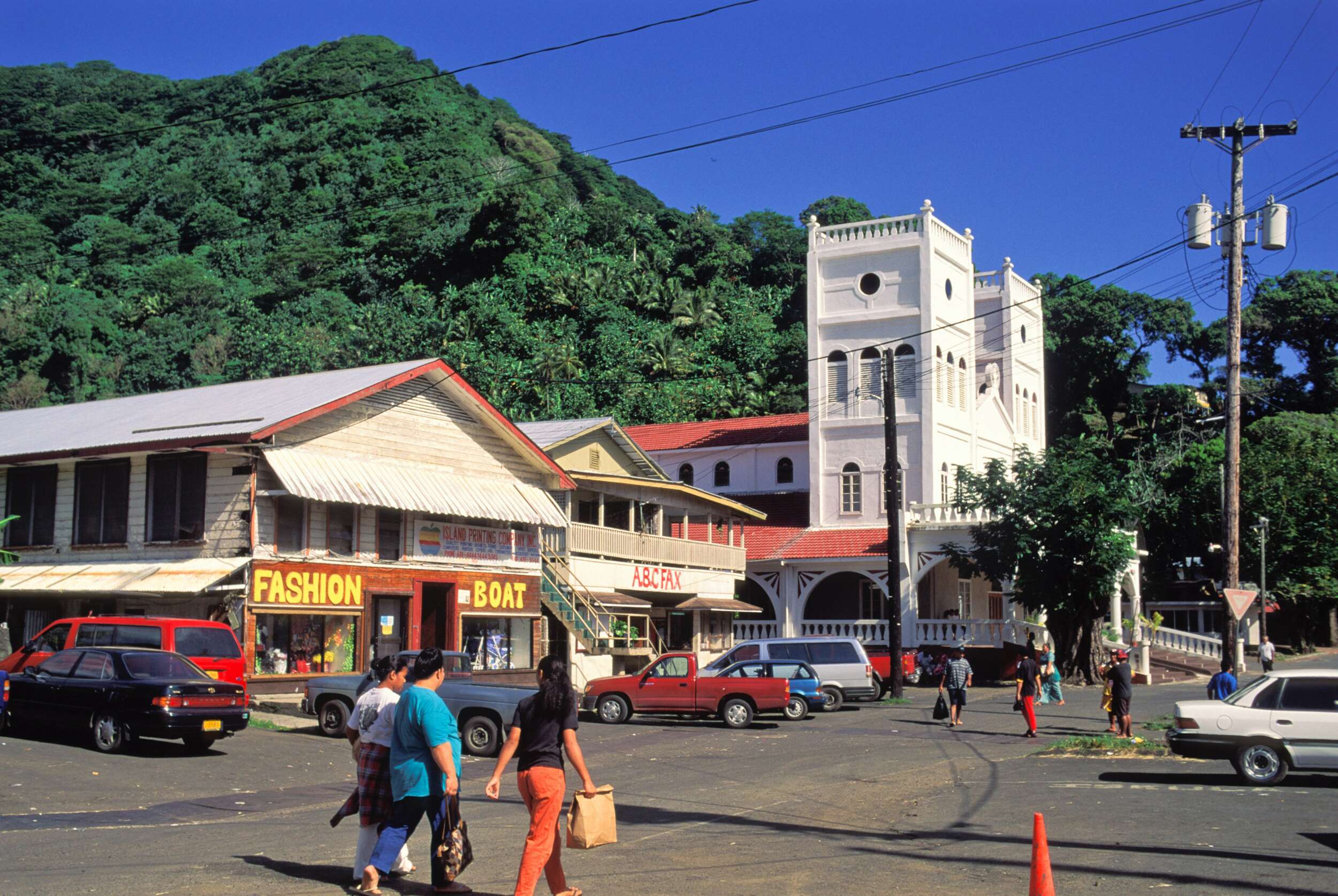American Samoa has issued a public health emergency after an outbreak of measles has spread across the U.S territory.
As of Tuesday, there has been one laboratory-confirmed case among an 8-year-old and 31 suspected and/or probable cases of the highly infectious disease, according to the Department of Health.
During a press briefing, Dr Scott Anesi, the department’s lead epidemiologist, the suspected cases are all in children between ages 2 months old and 13 years old.
Anyone who tests positive for measles has been ordered to isolate for 21 days, while those who have or may have been exposed must quarantine for up to 21 days.
The emergency declaration, signed by Governor Lemanu Mauga, is for 30 days and is set to expire Wednesday, 24 May.
The outbreak has led the Department of Education in American Samoa, which serves 12,000 students, to close all schools until Friday, 12 May .
Parents have been told that they can pick up their children’s virtual learning packers and any meals they are eligible for at their school sires through Friday.
This is not the first time there has been an outbreak in the area. According to a World Health Organisation report, a 2019 outbreak swept the Pacific.
In American Samoa, there were 12 measles cases and no deaths reported. However, in the nation of Samoa, there were more than 5,700 cases and 83 deaths reported, most occurring in children under 5 years old.
The WHO and UNICEF said the outbreak came after measles, mumps, rubella (MMR) vaccine vaccination coverage fell from 74 percent to 34 percent between 2017 and 2018 after two infants died following immunisation with improperly prepared vaccines, which led to vaccine hesitancy.
Measles is incredibly contagious, with the CDC saying every individual infected by the virus can spread it to up to 10 close contacts, if they are unprotected including not wearing a mask or not being vaccinated.
Complications from measles can be relatively benign, like rashes, or they can be much more severe, like viral sepsis, pneumonia or brain swelling.
The CDC says anybody who either had measles at some point in their life or who has received two doses of the MMR vaccine is protected against measles.
In the decade before the measles vaccine became available, an estimated 3 to 4 million people were infected every year, 48,000 were hospitalized and between 400 and 500 people died, according to the federal health agency.
One dose of the measles vaccine is 93 percent effective at preventing infection if exposed to the virus. Two doses are 97 percent effective.
Children are recommended to receive their first dose between 12 and 15 months old and their second dose between ages 4 and 6.
According to a report from the CDC published in January, during the 2021-22 school year, 88.3 percent of kindergartners in Ohio had received two doses of the MMR vaccine, less than the national average of 93 percent.
The American Samoa Department of Health says 89 percent of the students in daycares, elementary schools and high schools have received both doses of the MMR vaccines as of 22 April.
The department shared a post on Facebook Tuesday of several clinics, halls and churches that will be offering the MMR vaccines for those aged 6 months and older.
Anesi said the goal for the territory is to achieve at least 95 percent and 100 percent among all school-age children.
“The main concern here is that those children that are one years old up to high school should be fully immunised as required by the DOE,” he said.
SOURCE: ABC/PACNEWS














